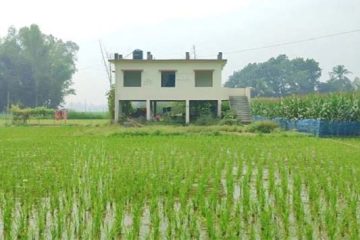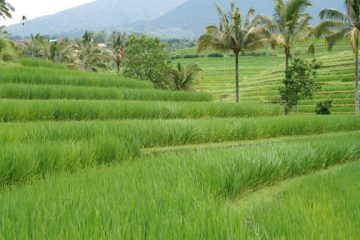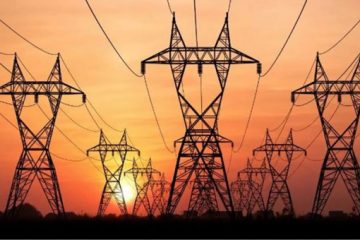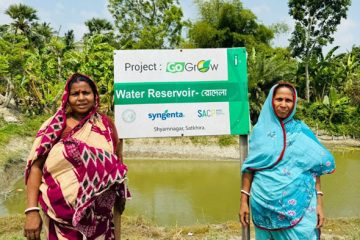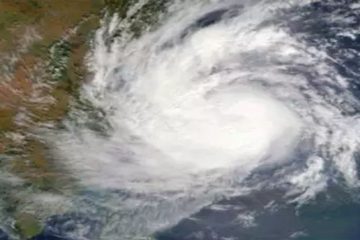News Desk : dhakamirror.com
Water salinity in localities after Cyclone Remal cannot be removed quickly, it will create food insecurity in the affected areas, warns the Bangladesh Environment Movement (Bapa).
At a press conference at the Dhaka Reporters Unity (DRU) today (1 June), the organisation said it will not be possible to cultivate paddy in three districts of Khulna divisions during the next Aman season because of the saline water problem.
The Aman season is the only rice-growing period in the region. Additionally, the cultivation of vegetables is also feared to be in trouble due to the inundation.
In her keynote paper, Gauhar Naeem Wara, a disaster expert, said, “To catch the Aman season, steps should be taken to remove saline water from the fields and reservoirs quickly. This water can be pumped out as it was done after the 1991 cyclone and 2007 Sidr.”
The organisation also demanded repairs to the damaged embankments on a priority basis.
A total of 61km of embankments in the three districts – Satkhira, Bagerhat and Khulna – have been damaged in the cyclone, with some completely damaged and others partially. A Similar picture can be found in many places in Noakhali and Chattogram as well, Gauhar noted.
Addressing the press conference, Bapa President Prof Nur Mohammad Talukder said, “The floods or storms of Bangladesh and Europe are not the same. So, it is not logical to construct embankments here following foreign models. It is high time to make the embankments suitable for this country.”
Rafiqul Alam, a disaster expert and member of Bapa’s climate change and disaster management committee, said the relief being given to the affected people is “nominal”.
“The victims have no plan of what to eat or what to do to collect food after two days. Cows, goats, and chickens of many families have all died and been swept away. They are financially weak,” he said.


